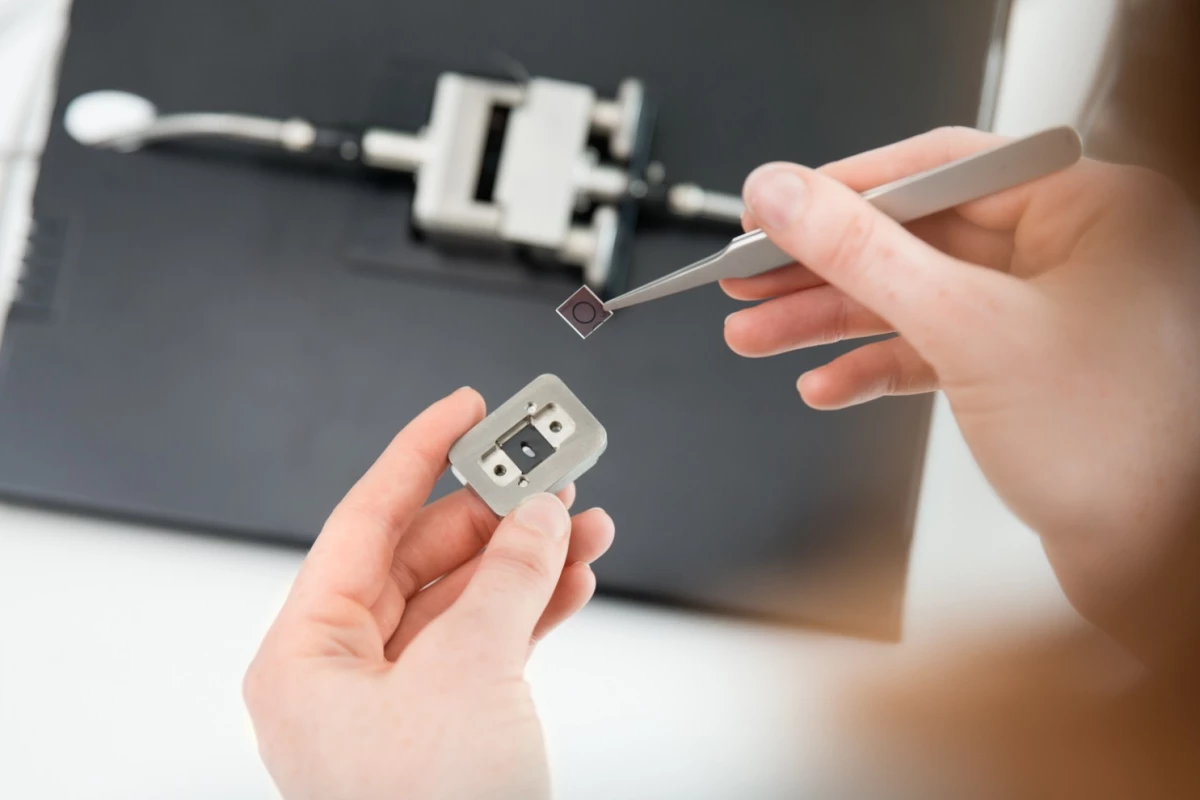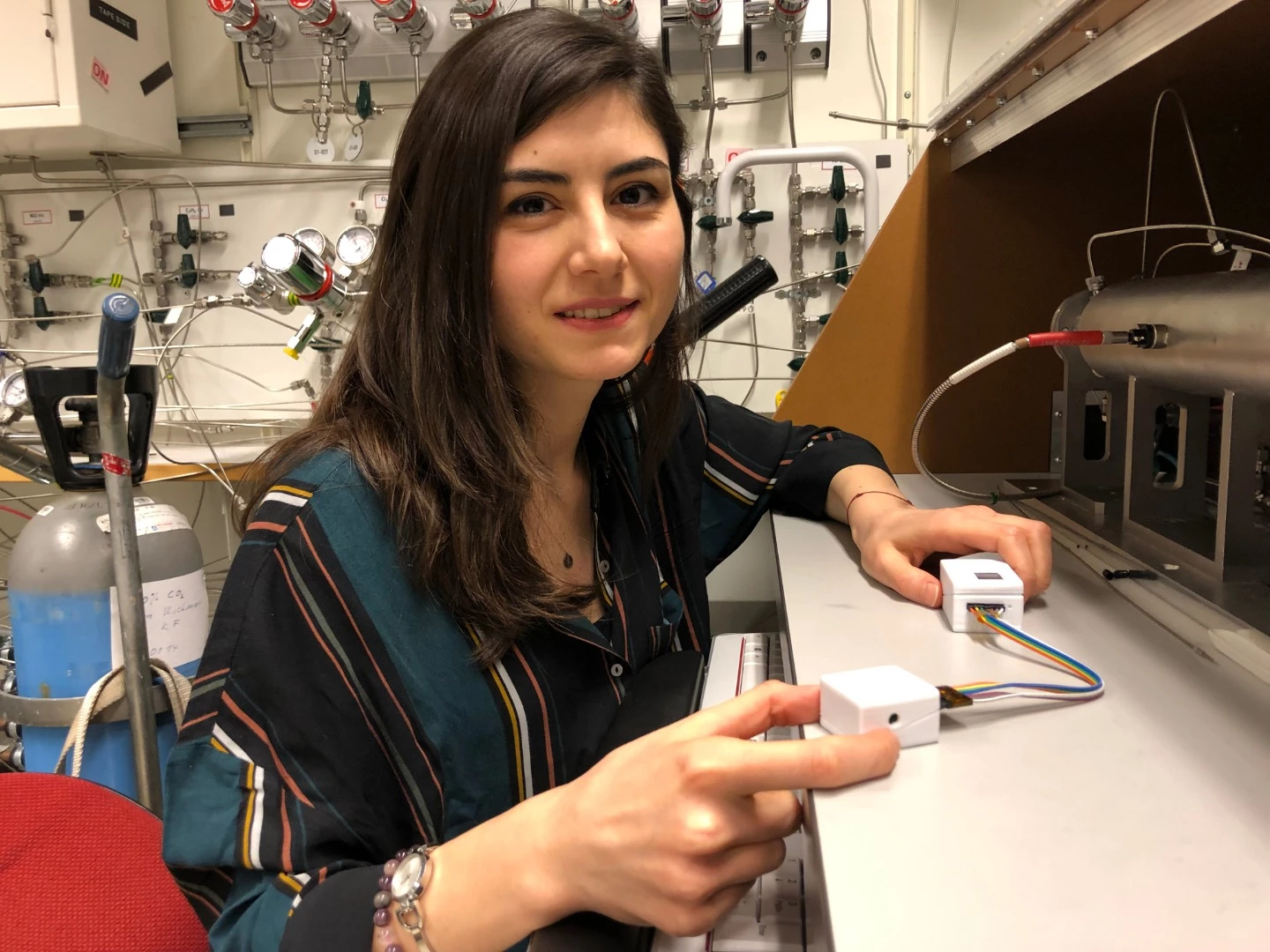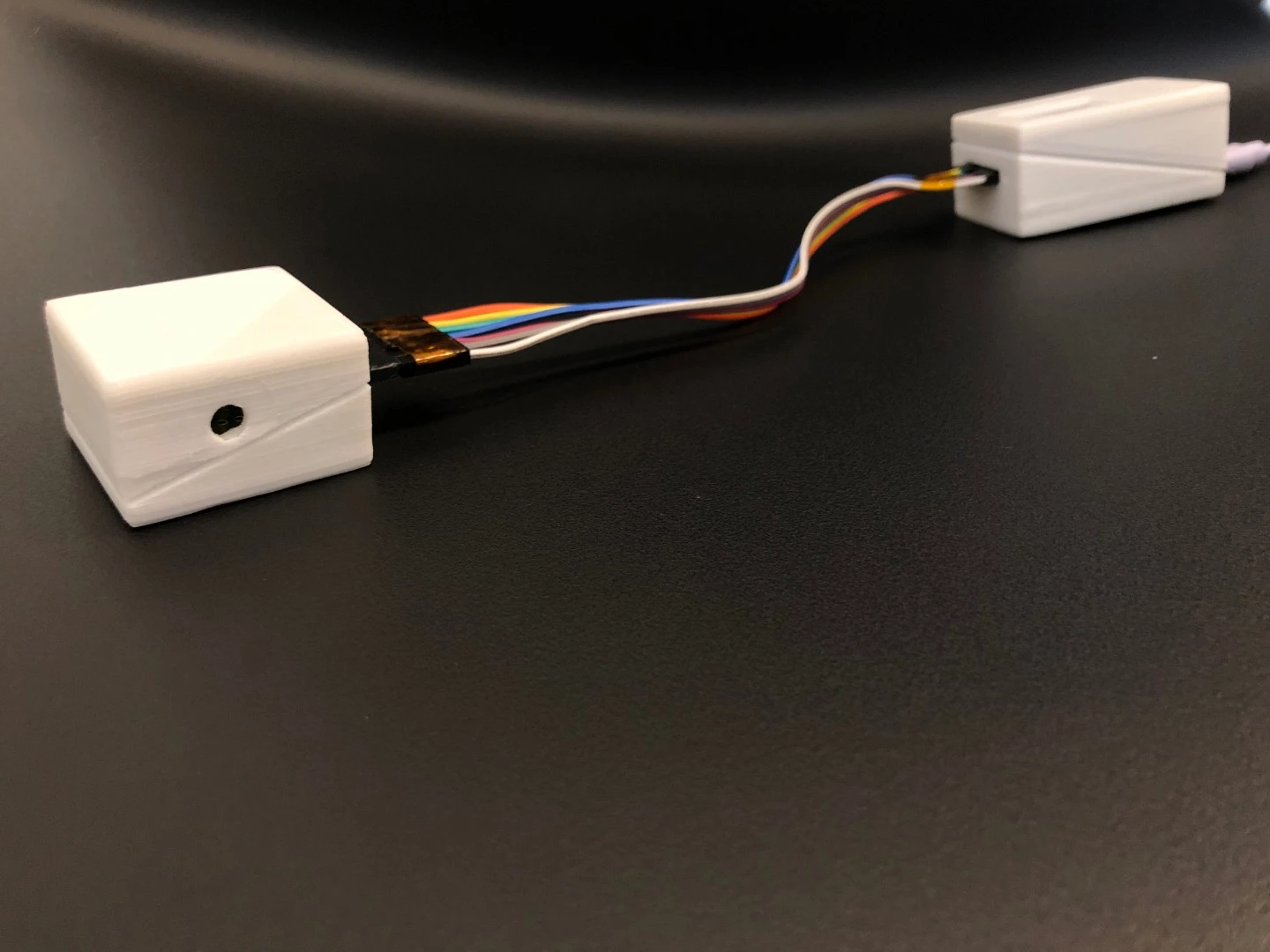Given that the World Health Organisation estimates that seven million premature deaths annually around the world are caused by air pollution, monitoring air quality is vital. There are already a number of methods employed to do just that, including sensors on the ground and satellites in orbit. Now researchers at Chalmers University of Technology have developed another, which can be mounted to most streetlamps.
"Air pollution is a global health problem," said researcher Irem Tanyeli. "To be able to contribute to increased knowledge and a better environment feels great. With the help of these small, portable sensors, it can become both simpler and cheaper to measure dangerous emissions extremely accurately."
The optical nano-sensor measures low concentrations of nitrogen dioxide in the air, with accuracy slated as in the parts-per-billion region. Exhaust fumes from road vehicles are reported to be the biggest nitrogen dioxide air pollution culprit. Even at low levels, NO2 can do us serious harm.
The development builds on the work of Professor Christoph Langhammer of the Chalmers Department of Physics, who has been working on the technology for over a decade. It measures the changes in wavelengths when metal nanoparticles are illuminated and, though currently tuned to detect nitrogen dioxide, can also be adapted to measure other gases in the air.

Tanyeli has been busy refining the sensor material over the last two years, and has worked with a company co-founded by Langhammer called Insplorion to get the sensors into the real world. A sensor has been installed in a streetlamp in Gothenburg, and another placed on the roof of the Nordstan shopping mall. Another is scheduled for installation on a railway tunnel construction project in the city.
Chalmers has also partnered with the Urban Flows Observatory at the University of Sheffield in the UK to compare field test data with results gathered by reference stations.
"There is a lack of small functional nitrogen dioxide sensors on the market," said Professor Martin Mayfield of the Urban Flows Observatory. "We find this nano plasmonic solution interesting, and look forward to the test results."
Source: Chalmers UoT







